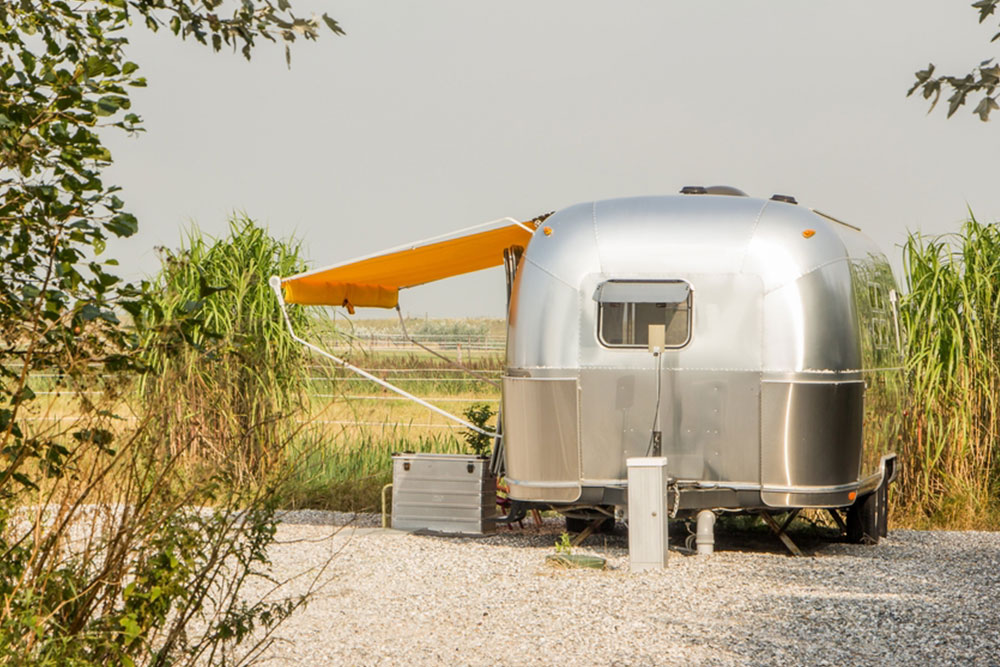Guide to Business Licensing: Types and How to Apply
This comprehensive guide explores various business licenses needed for legal operation, including types, application steps, and tips for compliance. It details federal, state, and local permits, helping entrepreneurs navigate licensing requirements effectively to start and sustain their businesses smoothly.

Guide to Business Licensing: Types and How to Apply
Embarking on a new business venture requires compliance with relevant legal requirements. Obtaining the necessary licenses and permits from federal, state, and local authorities is essential for legal operation. These requirements vary by location, business type, and industry. Here are the main licenses you may need:
Operational License
This license authorizes you to operate within a specific city, county, or state, depending on local laws.
Sales Permit
Required for businesses involving sales of goods or services, enabling you to collect sales tax from customers.
Fictitious Name Registration
Allows you to conduct business under a different name from your legal entity. Registration is often needed at local or state levels.
Special Location Permits
Businesses with physical storefronts may need zoning, building, signage, or fire permits governed by local laws.
Industry-specific Licenses
Certain sectors like healthcare, beauty salons, electrical services, and childcare require specialized licenses issued by state agencies.
State Permits and Licenses
Industries such as construction, hospitality, retail, and food services often need state-level approval for legal operation.
Federal Licenses
Industries like aviation, mining, firearms, or broadcasting are regulated federally, requiring specific permits from agencies like the SBA or other federal authorities.
Choosing a legal structure—such as sole proprietorship, LLC, corporation, or nonprofit—affects licensing costs and renewal requirements. License fees vary, starting from $50 and increasing based on business type and jurisdiction. Renewal is often necessary at regular intervals.
To determine required licenses, consult:
Your State’s Secretary of State or Revenue Office
Local Small Business Administration resources, including online tools—enter your zip code for tailored info
Legal advice from a qualified business attorney
Steps to Apply for Business Licenses
After identifying your license requirements, begin the application process, which may involve multiple agencies. Many jurisdictions offer online submissions. Ensure you complete all steps accurately, including submitting necessary documents and paying applicable fees.
Common application documents include:
Business activity description, address, and ownership details
Legal documents like articles of incorporation or bylaws
Tax certification and registration evidence
Authorized signatories or representatives list
Additional industry-specific requirements may include proof of insurance, professional qualifications, or financial statements. Processing times range from days to weeks. Upon approval, ensure timely renewal to maintain legal status. For complex cases, consider hiring legal or licensing professionals to facilitate and optimize your application process.









